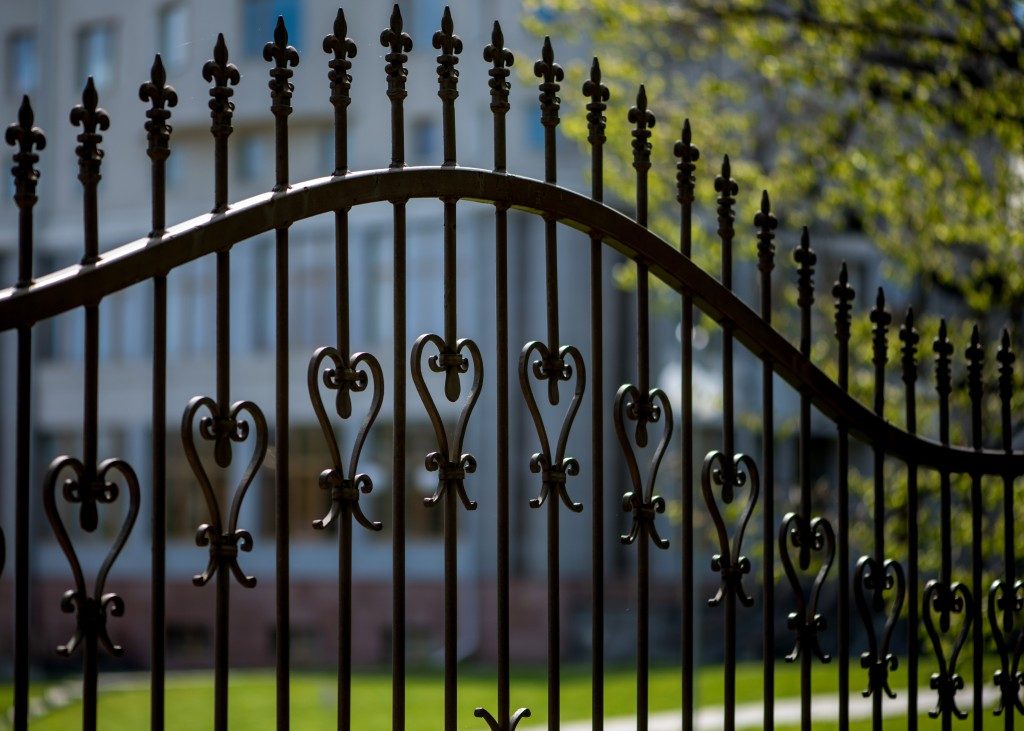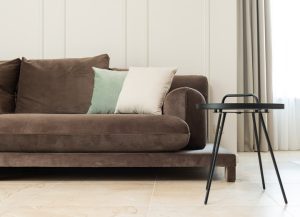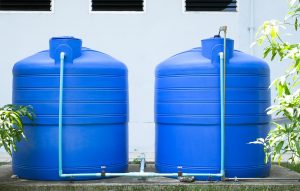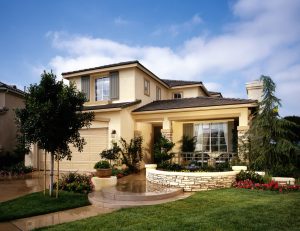There are a number of fencing styles, designs, and materials for your home. The most appropriate type will depend on stylistic preferences, budget, and practicality. In addition, think about how much maintenance and effort you’re willing to put into your office. As a homeowner, you’ll want to find and use the services of fence installation companies to ensure that no matter the type, your fence is properly installed.
Vinyl Fencing
- Pros – This type of fencing can be created in a range of styles. For instance, you can pick out matching decorative post caps, colors, and finishes to suit your garden and your home. The good thing about vinyl is it doesn’t require repainting. It’s durable and will weather a lot of wear. This means it’s not at risk of warping, splintering, rotting, or splitting. Vinyl is also easy to clean, as dirt that attaches to the fence can be cleared away with a sponge and a hose. Because of its low maintenance, a vinyl fence is less expensive than other forms of fencing over time.
- Cons – While you can choose from a selection of styles, vinyl fences have limited design options because of their plastic appearance. The material can also break under certain environmental conditions caused by high winds or high impact. Minor damage like holes and cracks can be fixed through filling, sanding, and re-painting. When more extensive damage occurs, it may be necessary to replace components of the fence. It’s a good idea to hold on to spare fence parts upon installation.
Wood Fencing

- Pros – Wood fences can be manufactured to fit a wide variety of styles. They can be painted or stained in many different colors. Cedar and redwood are commonly used types of wood material because they are resistant to rot and insects. Wood is an inexpensive material for fences, at least when compared to vinyl or composite. If they are properly installed and maintained, they can last a few years.
- Cons – However, a lot more maintenance comes with wood fencing. It needs to be rinsed off and repainted often. It’s also a good idea to add a preservative every few years.
Composite Fencing
- Pros – Composite fences are engineered wood products that manifest in a number of different styles. Their boards can be hollow or solid and a layer of PVC can be added into their design. They are also made with recycled materials like fibers, plastics, and binding agents. Their manufacture often involves a largely waste-free system. Because these fences have manufactured textures and colors, they have a greater likeness to wood than vinyl does. They also have low maintenance requirements and can be easily cleaned with soap and a hose. Composite fencing is durable and installed with traditional fasteners.
- Cons – Composite fencing is at risk for scratches, stains, and fading. They may not be as maintenance-free as vinyl fencing is.
Before you make a decision about what type of fence you want for your home, weigh these options and design how much you’re willing to spend, both upfront and throughout the life of your fence. Vinyl and composite fences have high initial costs but low costs of maintenance.






